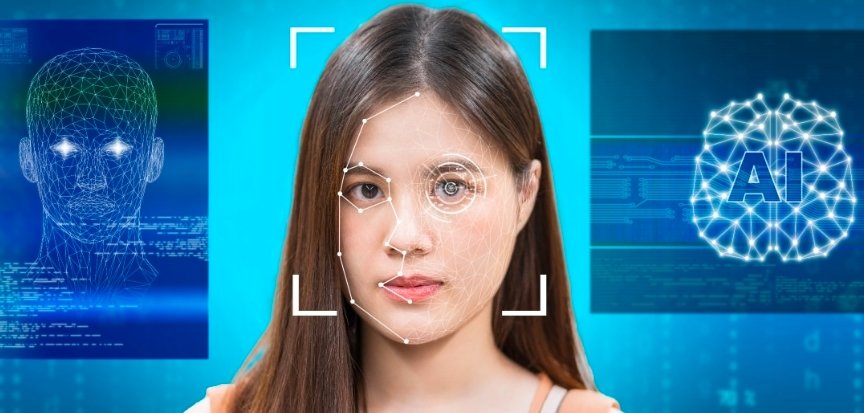SNP members at their party conference are set to challenge the Scottish Government over Police Scotland’s plans for live facial recognition technology. This push comes amid growing worries about privacy rights and potential biases, with activists demanding new laws before any rollout in Scotland.
What is Live Facial Recognition Technology?
Live facial recognition scans crowds in real time using cameras linked to police databases. It matches faces against watch lists to spot suspects or missing people, and officers then decide on actions like arrests.
Police in England and Wales have used it at big events like concerts and carnivals. For example, at the Notting Hill Carnival this year, it led to over 60 arrests, including cases of serious violence. Supporters say it boosts safety by catching criminals fast.
Critics argue it invades privacy and can make mistakes, especially with people of color and women. Studies show higher error rates in these groups, raising fairness issues.
Scotland paused plans in 2020 after concerns it could harm public trust in policing. Now, with talks of bringing it back, the debate heats up.

Details of the SNP Conference Motion
Young SNP members, along with disabled and LGBT groups, have put forward a motion at the conference. They want to stop Police Scotland from using the tech without approval from the Scottish Parliament through new laws.
The motion stresses that any rules must follow human rights standards and EU limits on such tools. It points out the lack of specific UK laws, relying instead on general data protection and equality rules.
This move follows Police Scotland’s recent steps to explore the technology again. They held public talks this year, focusing on uses at events and for finding high risk missing persons.
Activists believe without strong checks, it could lead to unfair surveillance. They call for clear guidelines to protect everyone.
Concerns from Rights Groups and Experts
Fourteen organizations, including human rights advocates, warned last month that live facial recognition threatens privacy and free speech. They highlighted risks of racial and gender bias based on tests from police forces south of the border.
Scotland’s children and young people’s commissioner also voiced fears. She said it might violate kids’ rights if rolled out without care.
Public views gathered this spring showed mixed feelings. Some support it for safety, while others worry about a surveillance state.
Experts note that without dedicated laws, misuse could happen. They compare it to tools in other countries where oversight is strict.
- Privacy invasion: Scans everyone without suspicion.
- Bias risks: Higher errors for minorities.
- Lack of consent: No public vote on its use.
Police and Government Responses
Police Scotland says they are not using or testing the technology yet. They plan more talks with the public and authorities to decide on future steps.
A government spokesperson stated that police must follow existing laws on data and rights. They see it as an operational choice for the force.
The Scottish Conservatives urge listening to officers. They say the tech could help overstretched police, but needs safeguards.
Recent budget cuts have strained resources, making tools like this appealing for efficiency.
| Aspect | Pros | Cons |
|---|---|---|
| Safety | Quick arrests at events | Privacy erosion |
| Accuracy | Helps find missing people | Bias against groups |
| Cost | Efficient for large crowds | High setup expenses |
| Oversight | Regulated by current laws | No specific rules yet |
Broader Impact on Scotland and Beyond
This debate ties into wider UK talks on tech in policing. In England, leaders call it a game changer, with hundreds of arrests linked to it.
Scotland’s holdout shows a focus on consent based policing. If the motion passes, it could set a model for careful adoption.
Similar concerns echo in Europe, where EU rules ban some uses in public spaces. Scotland might align with these for stronger protections.
The outcome at the conference could shape policy, balancing safety with rights in a digital age.
As this story develops, share your thoughts on facial recognition in policing. Do you support a ban or see benefits? Comment below and spread the word to join the conversation.


















